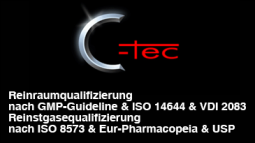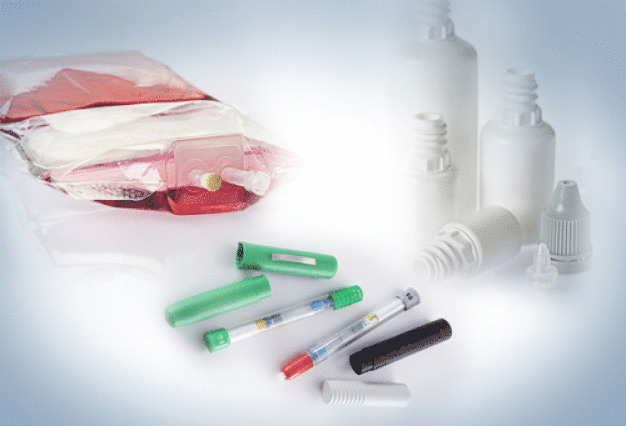Pharmaceutical primary packaging with high-priority quality assurance
Phillips-Medisize – Pharmapack, Paris, 11 to 12 February 2015, Stand 719
Countless people take them, and to many of them, they are indispensable: medication, pharmaceuticals are supposed to provide patients of all ages with the best possible help. Primary packaging plays a very important role in that respect: it is intended to protect medical products as well as possible, irrespective of their physical form, while at the same time remaining user-friendly. The main objective is to put design and production expertise into practice. Phillips-Medisize will show specialised visitors its expertise in developing and manufacturing pharmaceutical primary packaging made of plastics at stand 719 in the Pharmapack exposition, which will be held in Paris on 11-12 February 2015. A wide variety of products will be displayed, ranging from special drug delivery devices, dosage systems, disposable insulin pens, inhalers, mixing injectors, bottles and caps, on to sterile multi-chamber bags. Phillips-Medisize offers customers complete end-to-end service, from the idea to the finished solution, from designing to the product in sterile packing. Its strong points on the market are especially drug delivery and dosage systems which undergo cross-process inspection through high-priority quality assurance in accordance with ISO 13485 and FDA standards as well as GMP (Good Manufacturing Practice). One of the items displayed from the rich repertoire – a special spray applicator – is a paragon of high-quality pharmaceutical primary packaging.
Spray applicator:
The customer's design requirements demand that the product was child-proof, an important factor for the product launch – particularly on the US market – and a container made of PET, considered to be a harmless type of plastic. All of its components are produced and assembled under the necessary conditions of hygiene in the plant in Nürensdorf, Switzerland. Small metal springs for the spray mechanism and the pumps are purchased. The chosen manufacturing process consists of injection moulding and injection stretch blow techniques. With the latter, the nozzle section of the bottle is formed in the first step, and then the lower part is blow-moulded separately. This ensures proper sealing. Precise processing and proper sealing of the sprayer are also very important to ensure that the product is child-proof. The customer awarded the contract to Phillips-Medisize not only because of the company’s technological skills but also because of its holistic approach to the project. The spray applicator is made of seven parts (the injection-stretch-blown PET container and the six injection-moulded parts made of PP or POM). The differently shaped parts require using multi-cavity tools of various sizes on injection moulding machines with clamping pressures of 50 to 200 tonnes. Extensive validation procedures were carried out prior to the production launch: from DQ (Design Qualification), to IQ (Installation Qualification), on to OQ (Operation Qualification) and PQ (Production Qualification). In the assembly process, the parts pass through 16 assembly stations before the so-called “subcomponent” is completed. The validation procedures also have the added ergonomics advantage that the amount of non-recyclable materials – that have to be discarded during production – is extremely low considering the fact that the various plastic parts have to intermesh precisely and that each part has different tolerances that must not exceed 0.03 millimetres at most.
Phillips-Medisize Corporation
8309 Nürensdorf
Switzerland









